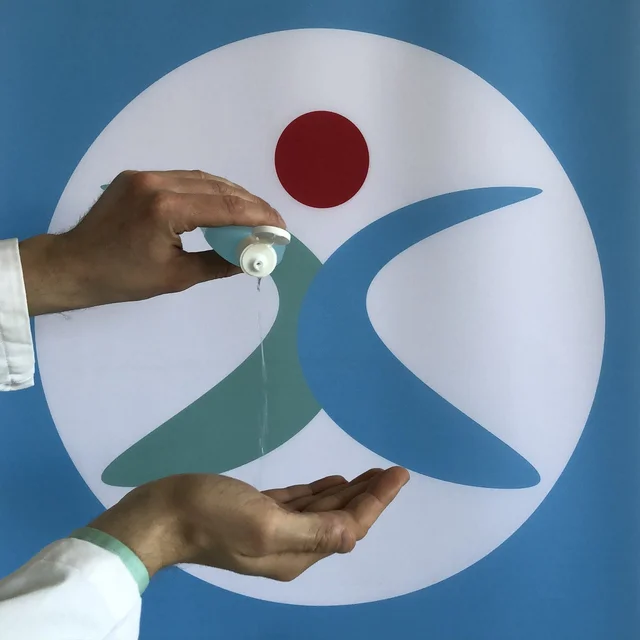How to Prevent Skin Infections
No matter your age, skin infections can be a problem. These can be minor irritations or serious medical conditions. It is important to understand the risks and how you can reduce them.

What are skin infections?
There are four types of skin infections: bacteria, viruses and fungi. You can classify them as superficial or deeper, depending on whether they affect only the outer skin layers. Some common skin infections are impetigo and athlete's feet, as well as ringworm and MRSA.
According to the World Health Organization, skin infections are extremely common. There are an estimated 300 million cases of them each year. Poor hygiene, inadequate sanitation and overcrowding are the main reasons for skin infections being more common in poor countries.
What are the causes of skin infections?
Contact with infected surfaces or objects, like doorknobs and gym equipment is the most frequent cause of skin infection. Direct contact can transmit skin infections to infected animals or people. Some infections can also be caused by chemical exposure or insect bites.
Skin infections are most often caused by bacteria. Two of the most prevalent types of bacteria that cause skin infection are Streptococcus and Staphylococcus. Asthma and athlete's feet are common fungal infections. Although less common, viral infections such as warts and herpes are still possible.
The Treatment of Skin Infections
Skin infections can be treated depending on their severity and type. Topical antibiotics or antifungals can be used to treat minor skin conditions. Oral antibiotics might be necessary for more serious infections. Sometimes, it may even be necessary for the infected tissues to be removed surgically.
Good hygiene habits are important for treating skin conditions. You should wash your hands frequently, avoid sharing personal objects, keep cuts and scrapes covered, and wash your hands regularly. To prevent the spread of infection, it is important that the area affected be kept clean and dry.
Improvements in skin infections
Research has made it possible to better understand the causes and treatment of skin infections. Recent studies have shown that probiotics can help lower the incidence of skin infections. The ability to treat resistant infections has also improved with the introduction of antibiotics.
Scientists have developed vaccines that protect against skin diseases such as human papillomavirus, which can lead to warts. Vaccines can be used to prevent the spread of skin diseases, particularly in rural areas that lack access to healthcare.
Can Skin Infections Be Prevented?
Yes. Skin infections can be prevented. The best way to prevent skin infections is by practicing good hygiene. It means that you wash your hands frequently and avoid sharing items such as razors and towels. Keep scrapes and cuts clean.
Safe sex is important in order to lower the chance of getting sexually transmitted diseases. Condoms or other barriers can be used to protect yourself from getting infected.
It is crucial to not come in contact with animals or people who are infected. Wear protective clothing whenever you have to come in contact with them. Afterward, wash your hands thoroughly.
Conclusion
Anyone can get skin infections. To reduce your chances of getting skin infections, it is essential to learn about the symptoms and preventive steps. Skin infections can be prevented by good hygiene, avoidance of infected animals and safe sex.
There are several treatments for skin infections, even though they can sometimes be painful and potentially dangerous. The causes of skin infections have been better understood thanks to research . Vaccines can be used to prevent certain types of infections.